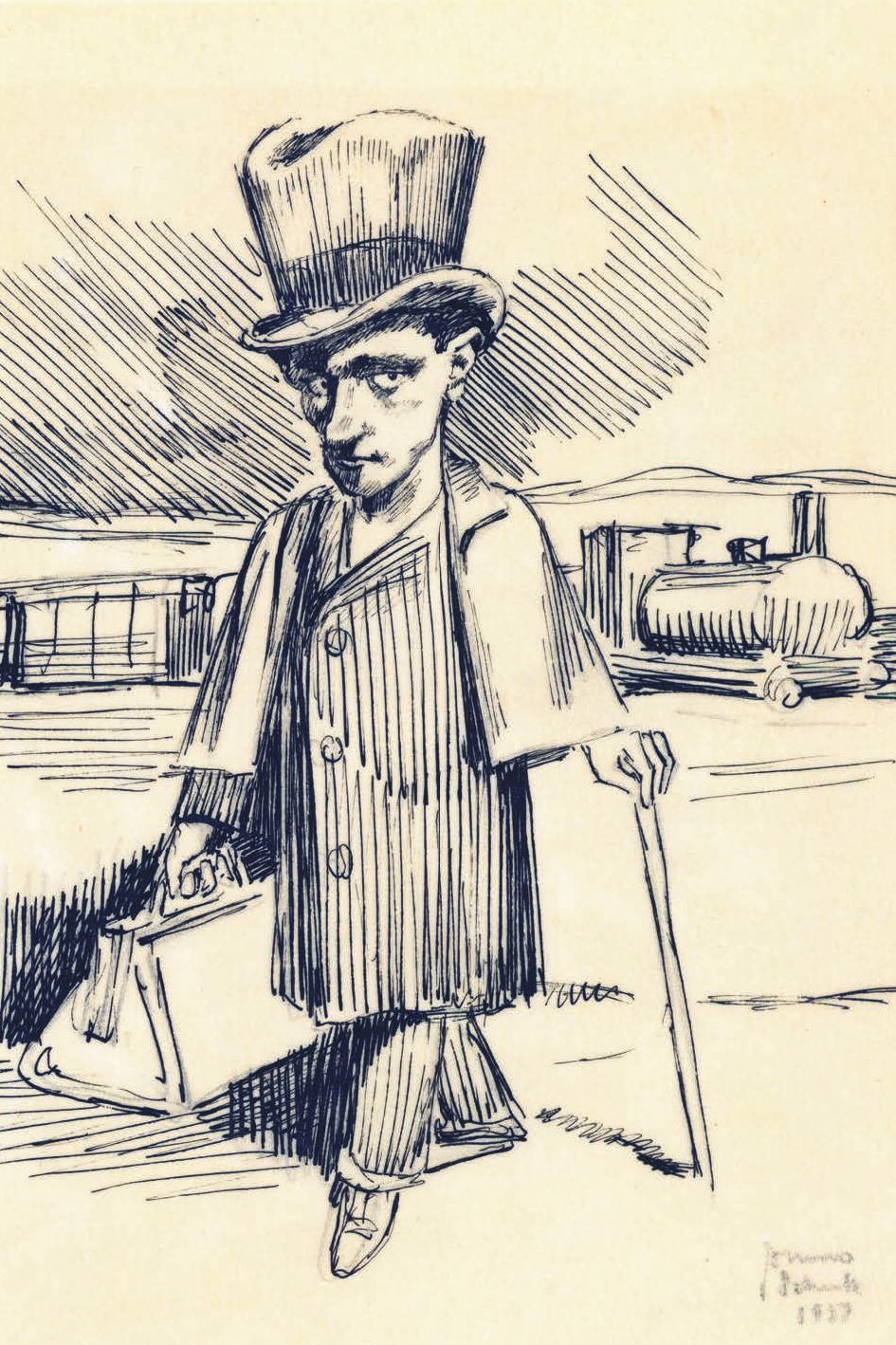Bruno, Son of Franz
DOI:
https://doi.org/10.26881/sf.2023.s.07Abstrakt
Already the first reviewers of Bruno Schulz’s exhibitions and stories compared him to Franz Kafka, pointing at clear resemblances of imagination and motifs. Those analogies were later noticed also by literary scholars who either tried to prove that Schulz was inspired by the work of the Prague writer, or – on the contrary – demonstrated that all the correspondences between their literary worlds were accidental or determined by the times. Analyzing the reception of Kafka and Schulz in Poland before World War II, and the arguments used by both parties, the author makes an attempt to establish whether Schulz was indeed Kafka’s follower. It transpires that even though Schulz most likely knew Kafka’s novels and stories already before 1926, and one may find a number of links connecting not only their works, but also biographies, in terms of their idiom and worldviews the two writers were dramatically different. This, however, does not mean that there is no connection between them. On the contrary, the author realizes that it was actually Kafka who encouraged Schulz to write and ultimately made him an artist, so that Schulz’s writing may be considered a kind of response addressed to his literary progenitor. The picture of Schulz as an imitator of Kafka was largely influenced by the first postwar critics of his work, who promoted it abroad and looked for analogies with that of another Jewish writer active at approximately the same time and in the same geographical area. The ultimate step toward a firm belief in the literary affinity of Schulz and Kafka was made by Jerzy Ficowski who, even though he rejected analogies, created Schulz’s legend using the same methods as Max Brod – with similar merits as well as errors.

 Uniwersyteckie Czasopisma Naukowe
Uniwersyteckie Czasopisma Naukowe





